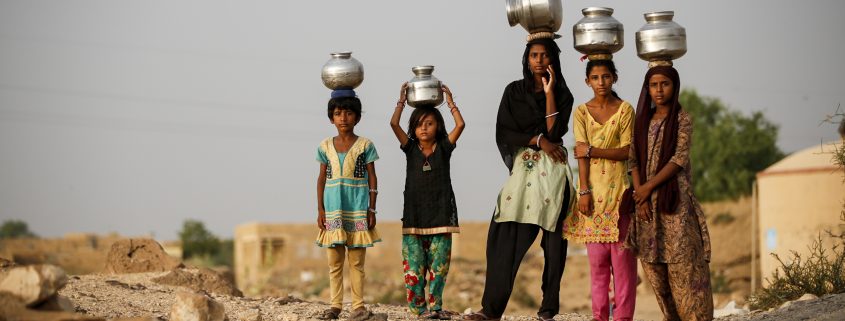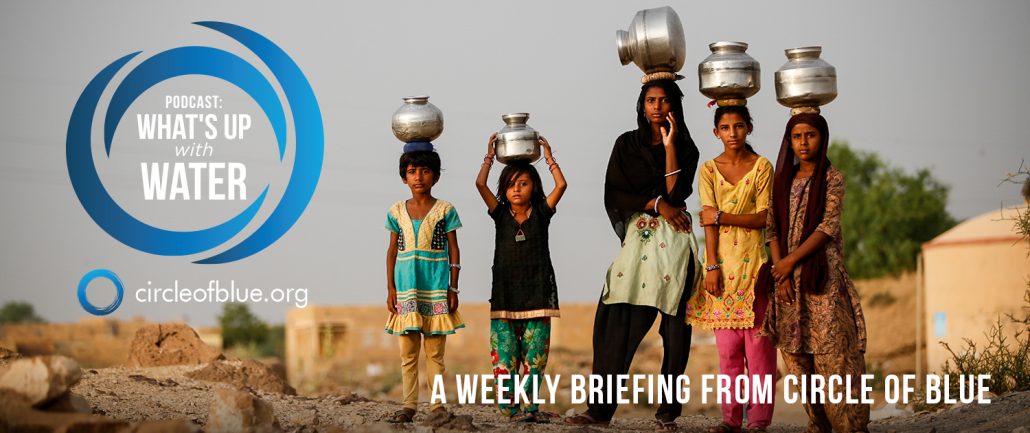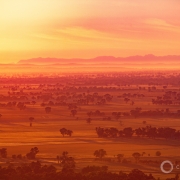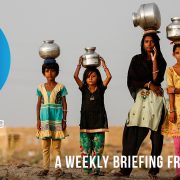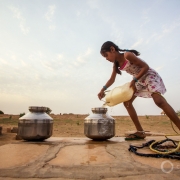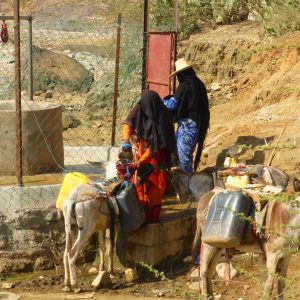What’s Up With Water – February 26, 2018
Transcripts
In Nigeria, an international conference on the Lake Chad Basin begins this week. Lake Chad is one of the world’s largest trans-boundary water systems, and a vital source of fresh water for tens of millions. With less rain and more drought, the lake’s surface area has shrunk more than 90% in the last 50 years. The region is increasingly stressed by the conflict between diminishing supply and increasing demand.
The Lake Chad Basin Commission is a partner in the conference, along with UNESCO and the government of Nigeria. The Commission says that the challenges to its efforts include security risks, climate change, and non-payment of dues by member states. The Commission secretary said that most years there was only enough money to fund 70% of its programs. Organizers of the Lake Chad Basin conference say their goal is to rehabilitate and fortify the basin, and draw global awareness to the challenges and potential solutions involved in saving a water resource that is facing extinction. Circle of Blue’s Brett Walton is covering the conference at circleofblue.org.
In Sacramento, California, restrictions for farmers and residents are in discussion, amid predictions for another dry summer ahead. After four years of drought, a wet winter lifted California’s emergency restrictions a year ago. Now officials are declaring that the southern half of the state is back in drought again. There is a new proposal to make water restrictions that had been temporary now permanent. It’s part of a plan to make water conservation a norm in response to continued climate change and longer, deeper droughts.
California’s Water Resources Control Board delayed a decision about renewing the restrictions, which some irrigation and water agencies say are reasonable, but not appropriate to impose under the state’s constitution. Opponents of the process fear a “slippery slope” that would erode California’s historic protection of water rights for landowners.
In India, the nation’s Supreme Court gave its verdict on a historical and hotly-contested water-sharing dispute. The Cauvery River is a principal source of fresh surface water for irrigation, but is so depleted that it cannot supply demand during dry periods. The states of Karnataka and Tamil Nadu have struggled for over a century to negotiate ways to store and share the river water, and in times of stress, conflicts have raged. Last week, India’s Supreme Court ruled that Karnataka would get keep an increased share of water, releasing less to Tamil Nadu downstream.
The matter is not settled – Karnataka is proposing to challenge the Court’s order on setting up the Cauvery Management Board because it would be a minority voice among “downstream” members. Tamil Nadu wants India’s Prime Minister to set up the river board as soon as possible and pressure Karnataka to accept the Supreme Court order “in letter and spirit.”
In South Africa, Day Zero continues to be a moving target. Cape Town officials now estimate that the day most homes and business will lose water service will be July 9. Cape Town officials are hoping to avert Day Zero entirely by conserving water until the winter rains begin, although they admit there are no guarantees of when and how much the rain will help.
For the latest updates on Day Zero, visit circleofblue.org, check the water dashboard.
And that’s What’s Up With Water…We’d like to share what’s up where you are – Tweet us with your water news: @circleofblue #whatsupwithwater.
Eileen Wray-McCann is a writer, director and narrator who co-founded Circle of Blue. During her 13 years at Interlochen Public Radio, a National Public Radio affiliate in Northern Michigan, Eileen produced and hosted regional and national programming. She’s won Telly Awards for her scriptwriting and documentary work, and her work with Circle of Blue follows many years of independent multimedia journalistic projects and a life-long love of the Great Lakes. She holds a BA and MA radio and television from the University of Detroit. Eileen is currently moonlighting as an audio archivist and enjoys traveling through time via sound.

